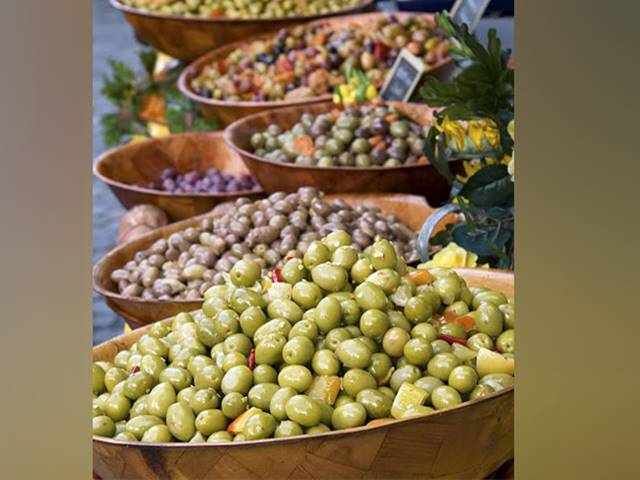120 million olive trees are spread around the country and 450,000 families depend on olive oil production as a primary or secondary source of income. Travelers looking for an interactive holiday and a true taste of rural living must visit Greece during the harvest season of October to December to enjoy a unique immersive experience.
Special agrotourism accommodation units have opened up in Evia, Lesvos, Crete, Kalymnos, Paros, Kefalonia, Kalamata, Kythira and other regions that allow tourists to help with olive harvest and experience the way of life in the region. The accommodation is simple but comfortable and matches the local style. The courtyards are endless olive groves, where visitors can get back in touch with nature and experience every stage of the harvest.
Visitors can pick olives using any of the age-old harvesting techniques, working for just one day or for a number of weeks in a row. Guests can also help transfer the harvested olives to a traditional olive press, learn the traditional art of extracting precious oil and watch how the golden oil begins to flow and fills up the air with its aromatic fragrance.
Once the olives have been pressed, anyone who has helped is welcome to take some oil home or fill up a couple of bottles bearing their very own personalized label. This acquaintanceship with the olive and its oil does not stop here! Visitors can adopt olive trees. In return, they get a certificate with information about the olives the trees produce, plus a sample of the olive oil made from the adopted trees every year thereafter. At the end of the harvest, there is a huge feast and a celebration to reward the efforts of all those who have helped.
Greek olive oil is known worldwide for its purity, exceptional taste and high nutritional value. Olive oil plays a dominant role in Greek nutritional habits and forms the basis of every recipe found in the traditional cuisine.
The best-known olive varieties are the Kalamon olives, the konservolia variety from Amfissa, olives from Arta, Atalanti, Rovies on Evia Island, Stylida, Volos, the throumpa variety from Thasos Island, Chios Island and Crete. One can also visit Olive Museums that are located across the country to get acquainted with the history of olive tree, its widespread cultivation in the Mediterranean basin, learn about the paramount importance of olive oil in a healthy diet and its connection to Greek culture. Museum exhibits refer to cultivation, harvesting and olive oil production, picking of table olives, and there is also a display of olive-based cosmetic products.
Offering unbeatably beautiful landscapes and rich palette of colours, the Greek countryside is waiting to reveal its secrets to the ever exploring nature lovers.








